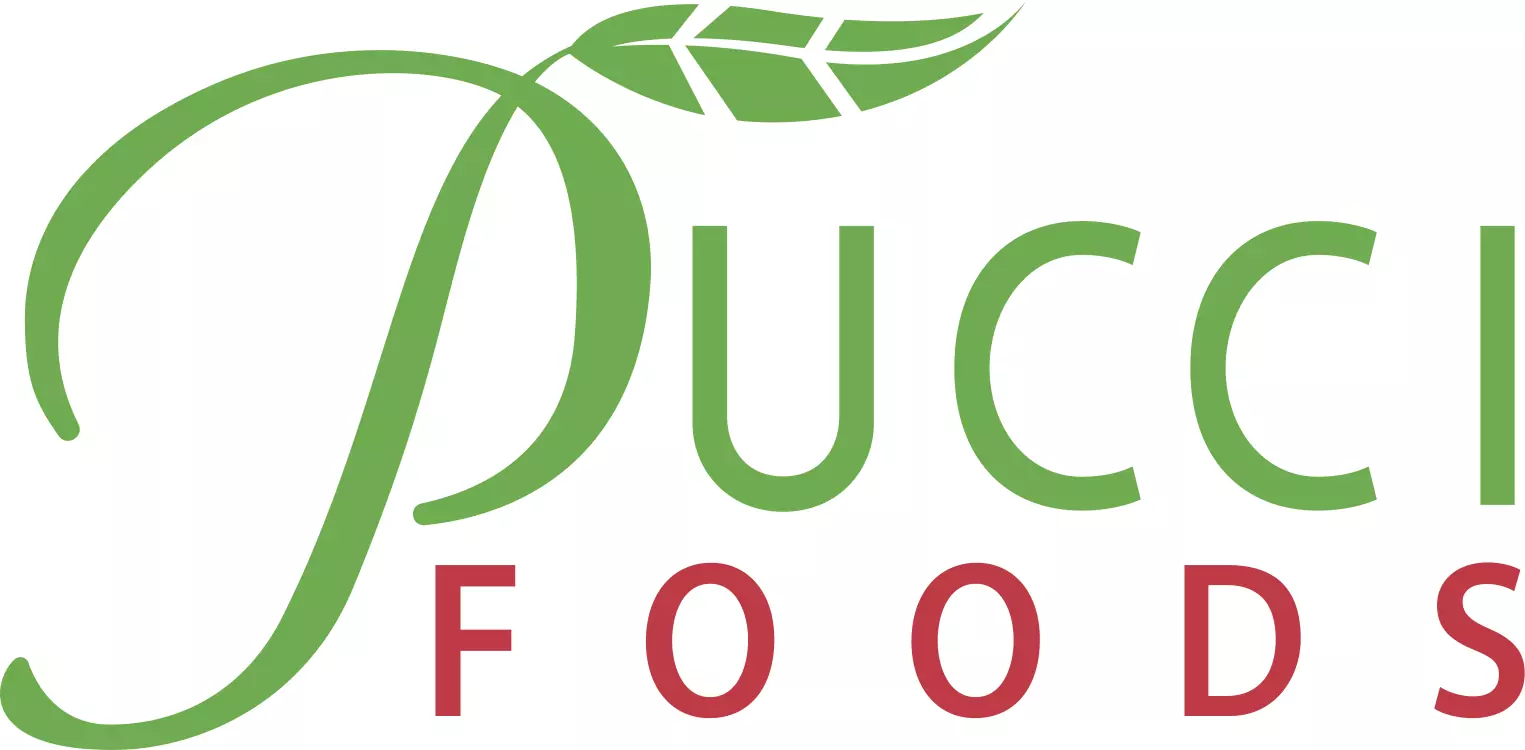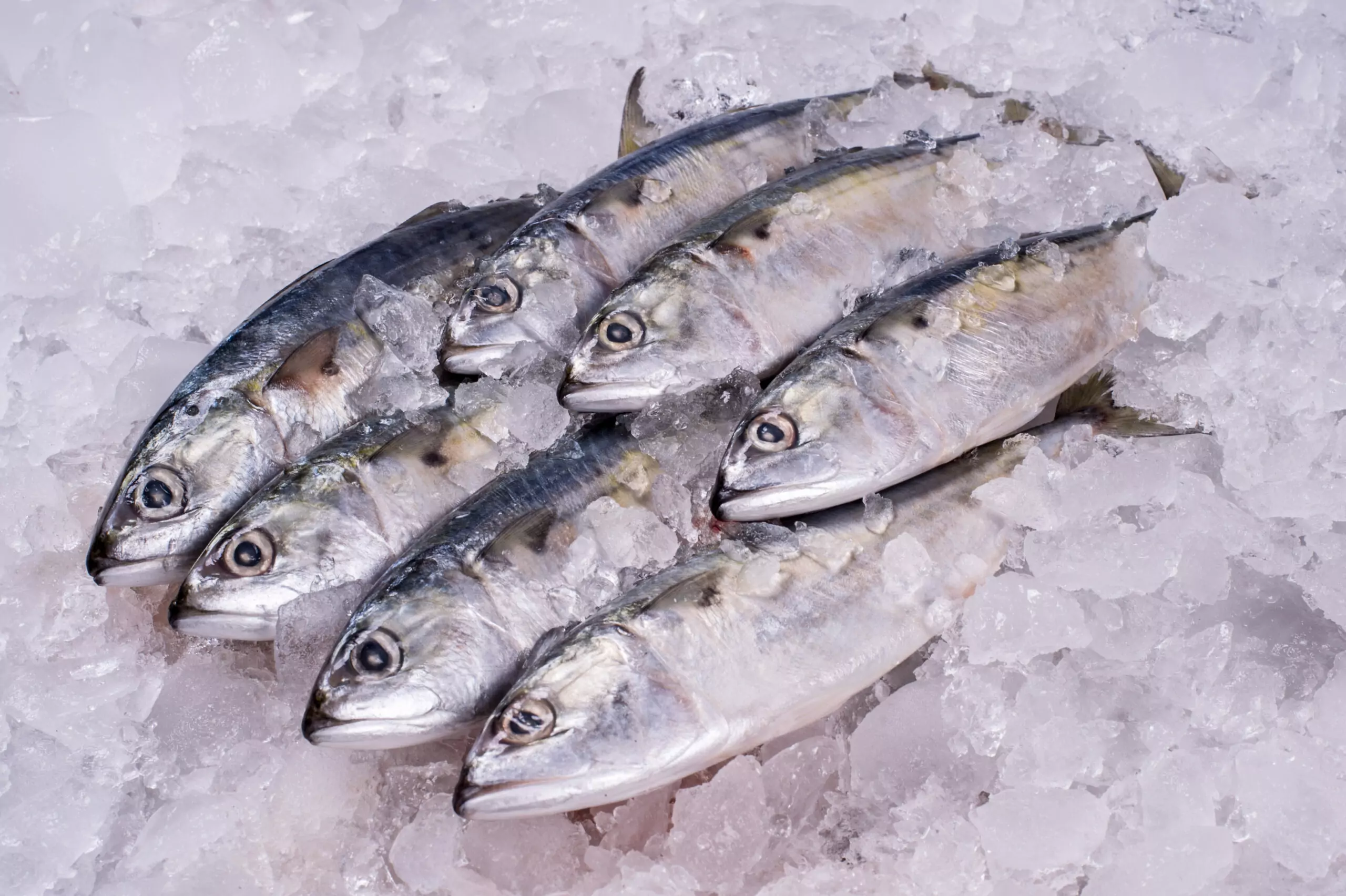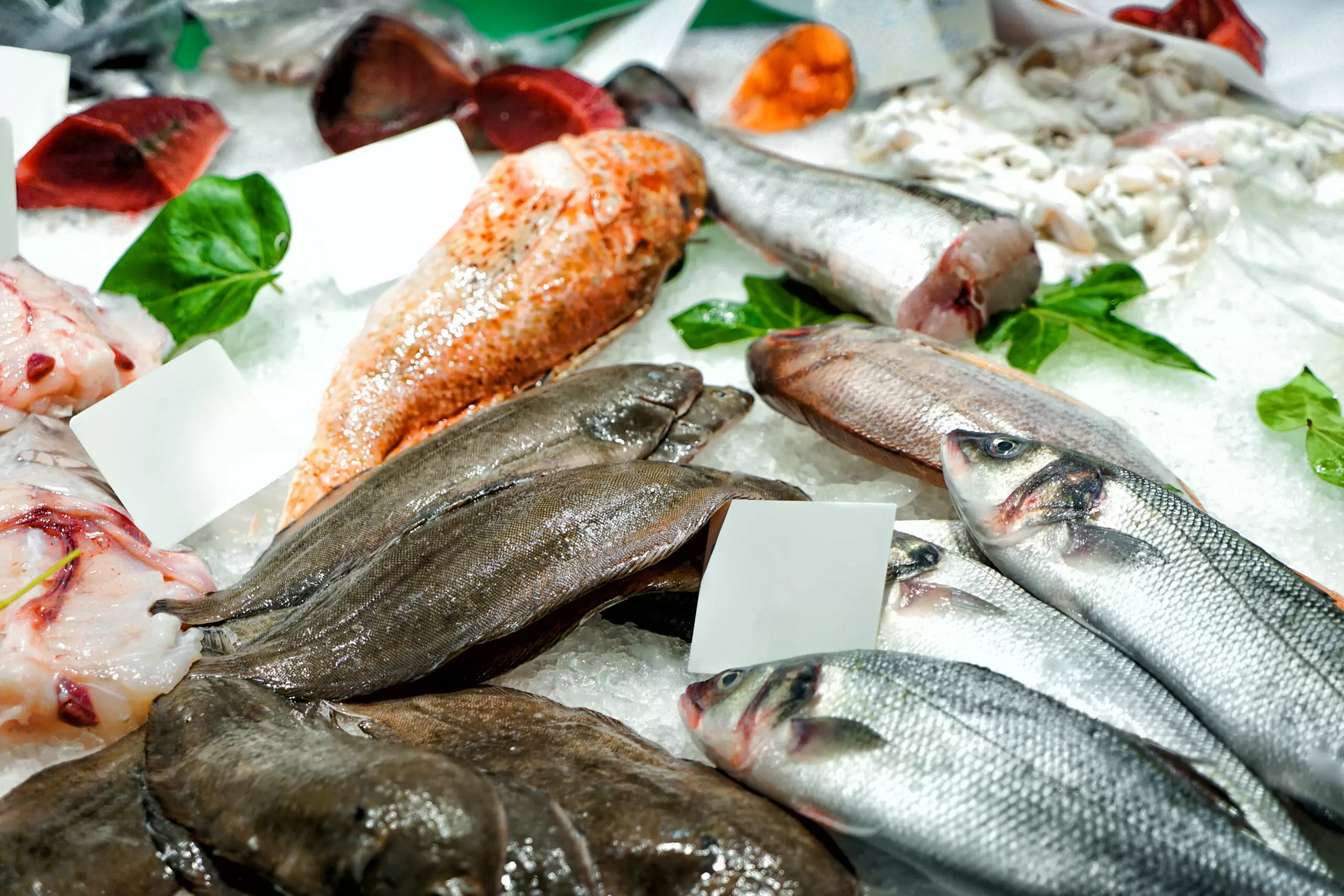Establishing partnerships and making connections is a vital part of growth for every industry. A business simply cannot survive without collaboration, and partnerships provide an excellent avenue to develop new techniques, provide better products, and increase overall success. Competition between organizations often prevents their collaboration within a common area of interest – yet a joint venture between competitors can often be the greatest partnerships that foster the most positive growth.

Photo courtesy of Flickr user Missy.
A movement of partnerships between competitors is growing in the seafood industry. These competitors have recognized that by working together towards a common goal – in this case, ensuring a sustainable future for salmon aquaculture – they can accomplish so much more than they would by working on their own. These organizations publicly discussed their collaboration for the first time during the largest seafood trade event in North America.
The Global Salmon Initiative
The Global Salmon Initiative (GSI) is the result of a groundbreaking partnership between 15 companies across five countries, covering 70% of the global farmed salmon industry. This initiative is in its infant stages, only having been launched in August of 2013 – but they are already on the path towards making tremendous positive change. Their goal is to make significant strides in providing high quality farmed salmon as a sustainable protein source for a growing population. GSI has already made progress regarding some of the most serious concerns surrounding salmon aquaculture, such as creating better methods to treat parasites and investigating healthier food sources.
Salmon farming has a bad reputation amongst many circles. They are a challenging fish to farm and the industry has been plagued with problems from the very beginning. There have already been significant improvements in farming techniques, but there is still a long way to go to ensure a sustainable future. As the fastest growing food production system in the world, aquaculture is the answer to our need for high quality seafood protein for a growing population. Salmon aquaculture requires vigorous attention to establish environmentally friendly techniques across the board, while still growing economically.
The United States is by far the largest consumer of farmed salmon in the world. Our demand has increased 14% over the last five years, and last year alone we devoured 282,000 tons. These numbers show us that Americans are dependent on salmon farming. With such a high volume coming from one source, it is essential that we ensure best practices and methods are established that will have minimal impact on the environment, while providing a healthy and abundant source of protein for buyers.
GSI may just be the answer to the woes of the salmon farming industry. As each of these companies learns new and better techniques, they are more likely to share them with their colleagues / competitors through their cooperation with GSI, creating stronger dissemination of information for the industry as a whole. It will be easier to establish and meet industry standards for the participating companies. Last but not least, GSI will be able to represent the salmon aquaculture industry as a single entity, united by a common goal.
Pathways to sustainability
The Seafood Expo North America & Seafood Processing North America took place in Boston, Massachusetts during March 2014. An incredible 20,000 seafood professionals from over 100 countries attended this event in order to promote and purchase products and learn about new techniques, equipment, and services. The expo, which takes place every year, allows the unique opportunity for buyers to meet with suppliers in person and establish fantastic interpersonal connections. It also is an excellent place for leaders in the industry to learn from each other.
During the seafood expo, top-level officials from GSI, the World Wildlife Fund (WWF), the UN’s Food and Agricultural Organization, and Rabobank met for a conference termed the “Pathways to Sustainability”. During the conference, these officials outlined the need for cooperation and partnership between their respective organizations. They set aside competition and recognized that their collective work can accomplish progress much faster than they would be able to as separate entities.
Each of these organizations will provide individual but vital parts of a partnership – communication, conservation, proper implementation, financing – and this conference served as a highly visible avenue for other professionals to see the benefits of their collaboration. This partnership will very likely achieve great progress for salmon aquaculture in the years to come and they will serve as a model for other areas of the industry. By setting aside differences and working together, any and every business can benefit from alliances with their competitors and other stakeholders.
Partnerships for sustainability
It’s truly amazing to see such tremendous partnerships established in the seafood industry with the common goal of developing sustainability. Alliances like this – both within GSI alone and their collaboration with other seafood professionals – are key for ensuring a profitable future for the seafood industry, while preserving our natural environment. When you buy wholesale seafood, you are establishing a partnership with your distributor. Consider choosing a partner that supplies seafood from environmentally responsible sources, such as Pucci Foods.


